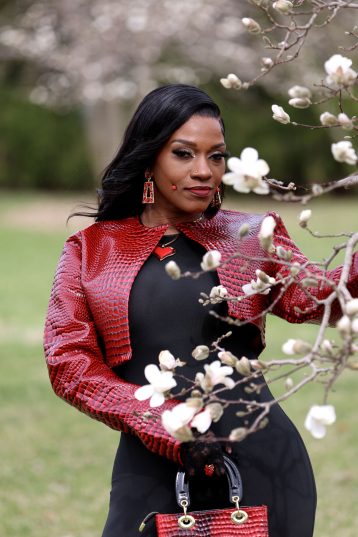Reflexology is an ancient therapy that has been used around the world for thousands of years, traced back to ancient Egypt, China, India, Japan and Korea.
Today, it can be found in health care systems of many countries including Great Britain, China, South Africa, Denmark and the United States.
Reflexology is described by many people as hand or foot massage, but really, it is not a massage at all. Reflexology is a therapy in which the reflexologist applies varying degrees of pressure, using different thumb, finger and hand techniques on specific areas of the feet, hands or ears in order to stimulate nerve endings and reflex points for the body (organs, glands and body parts).
When stimulating these nerve endings, it helps to improve nerve function in the body, circulation and detoxification.
In general, reflexology brings the body into balance so it can work better.
Here are some things to think about it:
Each reflexology session is customized for the recipient. A health history is taken so the reflexologist can focus on the areas that will benefit that person the most. This will help individuals get the maximum benefit from his or her session.
Reflexology is not a cure-all. A reflexologist does not diagnose, but instead, works with doctors to help alleviate the symptoms of conditions.
Reflexology has few side effects. It can be integrated with medical care to help realize an optimal quality of life.
Reflexology is a therapy that builds upon itself. You might receive your first session and feel relief from your particular problem, but normally, it takes a few sessions to feel the effects of reflexology, and regular maintenance sessions are recommended.
Reflexology can help relieve the symptoms of many acute and chronic conditions. These include pain, arthritis, anxiety, migraines and headaches, fibromyalgia, depression, diabetes, neuropathy, Parkinson’s disease, allergies and sinus problems, high blood pressure, lymphedema, constipation, edema, insomnia, stress and more.
Reflexology can be used to stay healthy. It decreases stress and can help to boost your immune system. When the reflexologist works on an individual, they normally work both hands or feet or ears, then go back and focus on the areas that are problematic for that person.
I have been trained in feet and hand reflexology, ear reflexology, face reflexology and reflexology lymph drainage. (This therapy was developed to help women who suffer from lymphedema after breast cancer but also has been found to be helpful in alleviating some of the symptoms of arthritis and fibromyalgia).
Always check with your physician before starting any new therapy.
Kris Anderegg is a reflexologist with Statera Health and Wellness Solutions in Dubuque.













